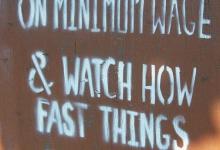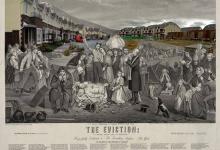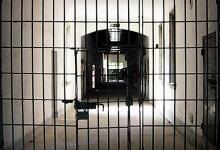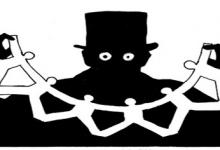Words, pictures, sounds
Afri (Action from Ireland) – Campaigners Call for Debt Audit
Spiked/Jason Walsh – Swapping One Shade of Austerity for Another
Mediabite/Miriam Cotton – The Forgotten Constituency: The Majority and the Economic Crisis
Counterpunch/Harry Browne – Irish Electorate Makes Room for the Left








